Lifestyle
Little Things That Made Life Fun Before Wi-Fi Existed

There was a time when fun didn’t come with a battery percentage. Days stretched out, and even small moments felt like they had their own spark. Somehow, the ordinary had more flavor. This article brings together the little things that made those unplugged years feel full of life.
Recording Songs Off The Radio Onto Cassettes
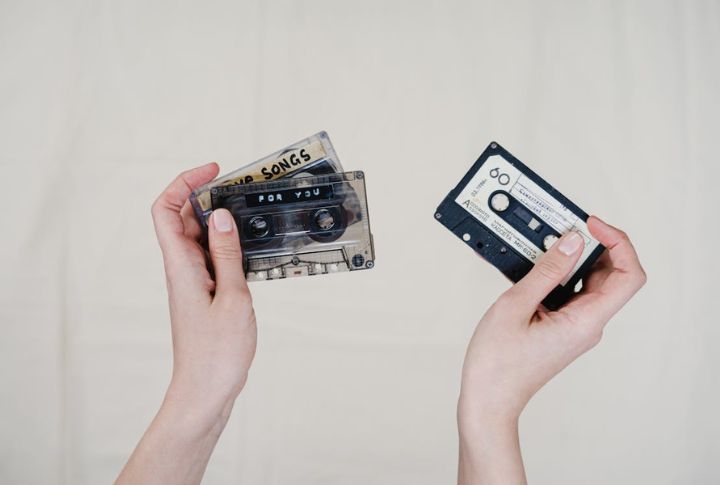
You had to sit by the radio with your hands on the record button, waiting for your favorite song to play. The goal was to catch the tune before the DJ talked. That also required no rewinding or skipping, just your mixtape and perfect timing.
Waiting For Films To Be Developed
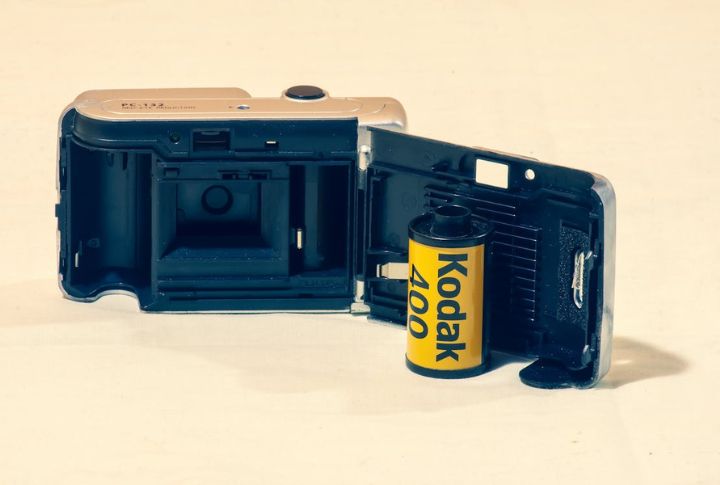
Taking pictures used to feel like opening a mystery gift. You dropped off your film roll, then waited days to see how they turned out. Sometimes, the pictures were blurry or had someone mid-sneeze, but that surprise made photo day feel like a little holiday.
Making Plans On A Landline Phone
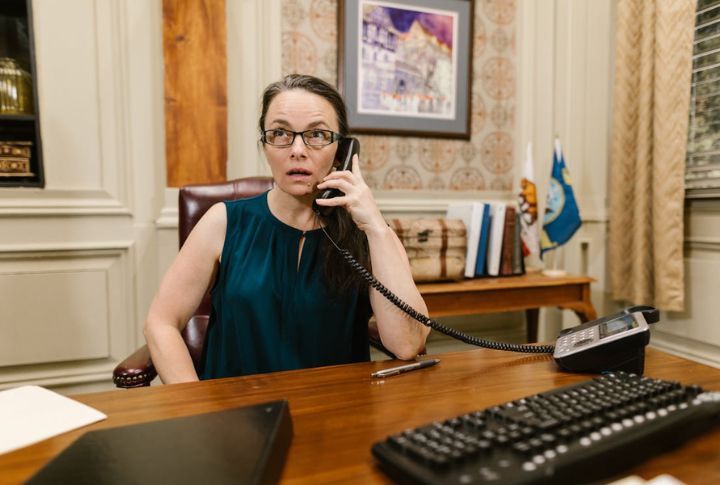
To call a friend meant using the house phone, usually right in the kitchen, where everyone could hear. You’d chat quickly, trying to plan before a sibling needed the line. The phone had a curly cord, and somehow, those conversations always felt closer, even without emojis.
Handwritten Letters And Pen Pals
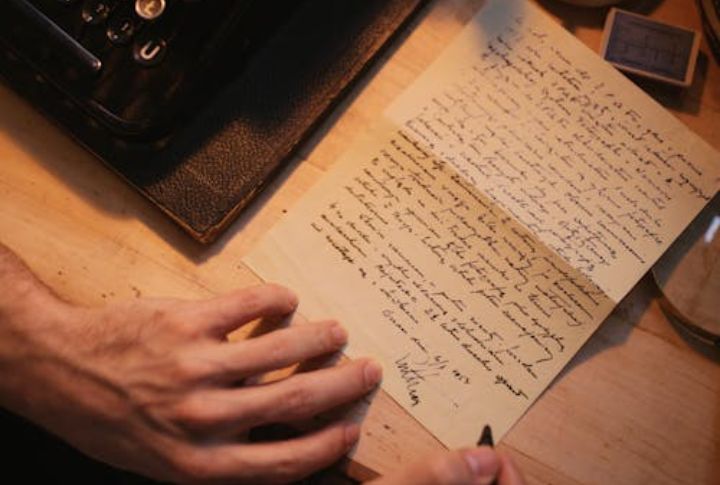
Writing a letter felt different from sending a text. You picked your nicest paper and added stickers. Then came the wait, which could be days or weeks, to hear back. That also meant every letter felt like a mini gift someone made just for you.
Saturday Morning Cartoons
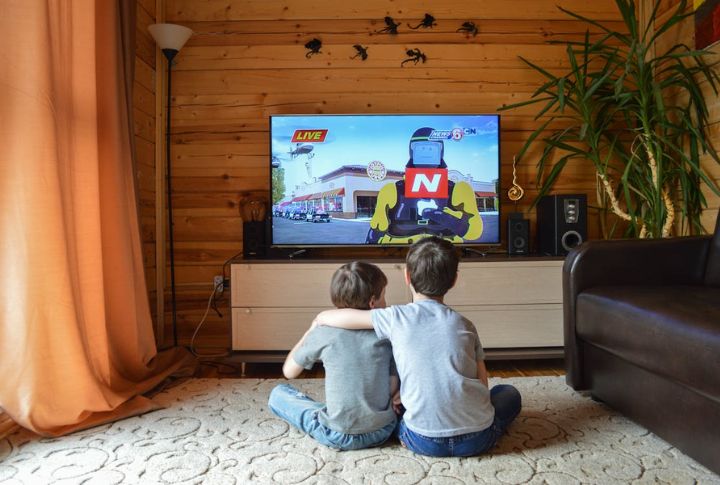
If you weren’t in front of the TV by 8 a.m., you missed your show. There were no replays, just cereal and your favorite blanket on the floor. What made it magical was knowing everyone else was watching, too—like a party, all from the comfort of home.
Libraries As The Main Source Of Research
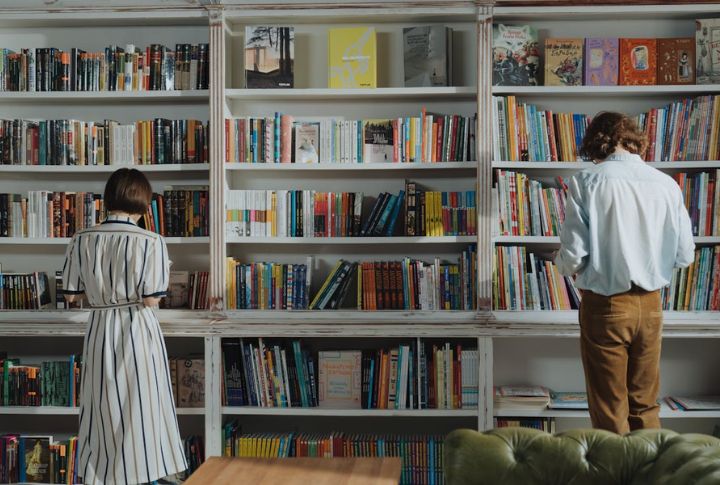
The library was the place to go if you had a school report. You’d search through card drawers, ask the librarian, and flip pages to find answers. It also meant learning felt like exploring, with each book containing secrets you couldn’t Google.
Flipping Through Physical Photo Albums
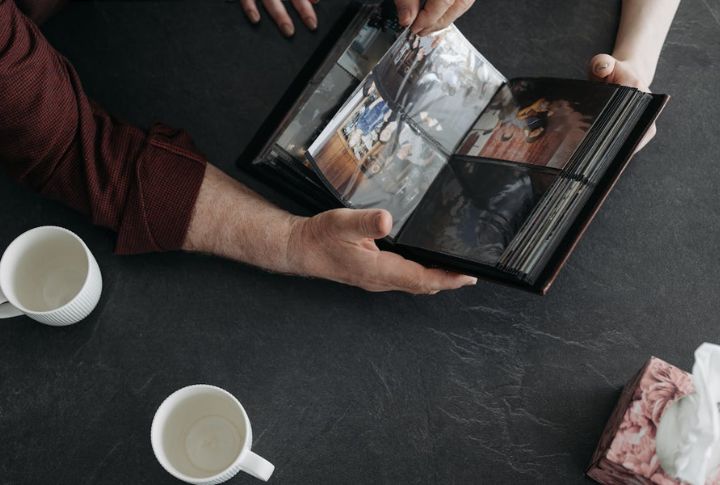
Photo albums lived on shelves or coffee tables, filled with birthdays and family trips. You turned thick pages slowly, pointing and laughing together. Every picture had a date, a scribbled caption, or a finger-smudge, proving that memories weren’t just stored; they were shared.
Buying Albums Just For One Song
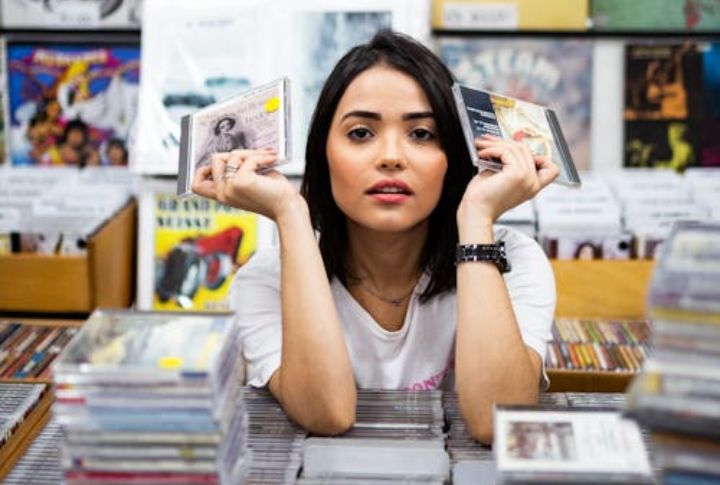
You’d hear one hit on the radio, then spend your allowance on the whole CD just to play that track. That also meant discovering songs you didn’t expect to love. Sometimes, the “best” song was hidden at the very end, like a secret waiting to be found.
Collecting Printed Maps And Asking For Directions
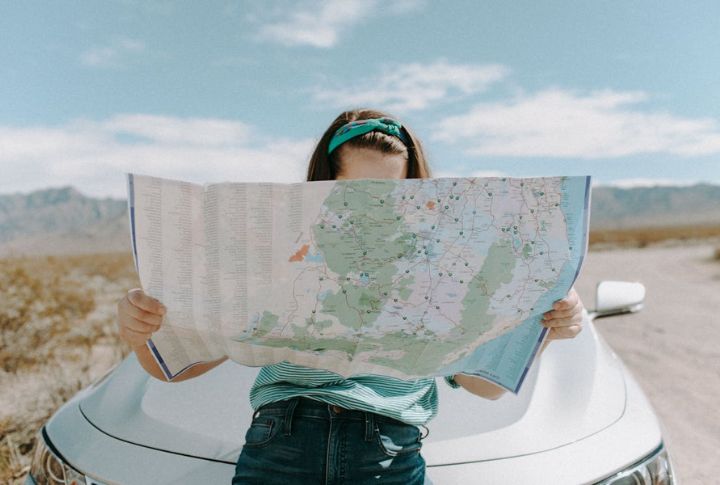
Before GPS, getting somewhere often involved unfolding a giant paper map across your lap or pulling into a fuel station to ask for directions. People argued over turns and cheered when they didn’t get lost. Maps never said “Recalculating,” and they made every trip feel earned.
Rewinding VHS Tapes Before Returning Them
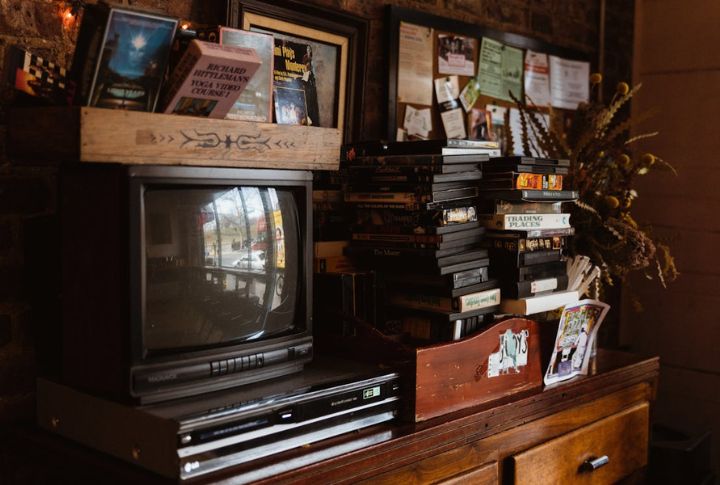
After watching a movie, you had to hold down the rewind button and wait as the tape buzzed back to the start. Some stores charge you if you forget to return an item. “Be kind, rewind” wasn’t just a rule; it was the little act that said you respected the next viewer.
Blowing Into Game Cartridges Just To Make Them Work
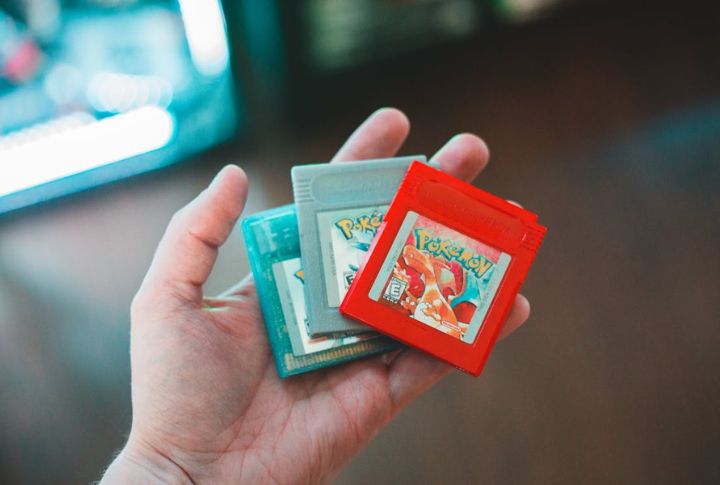
Before sleek consoles and digital downloads, playing a video game sometimes meant frustration and a deep breath—literally. If a cartridge didn’t load, you’d pull it out and blow into it, hoping the magic fix would work. Somehow, that simple act became part of the ritual of play.
Passing Notes In Class
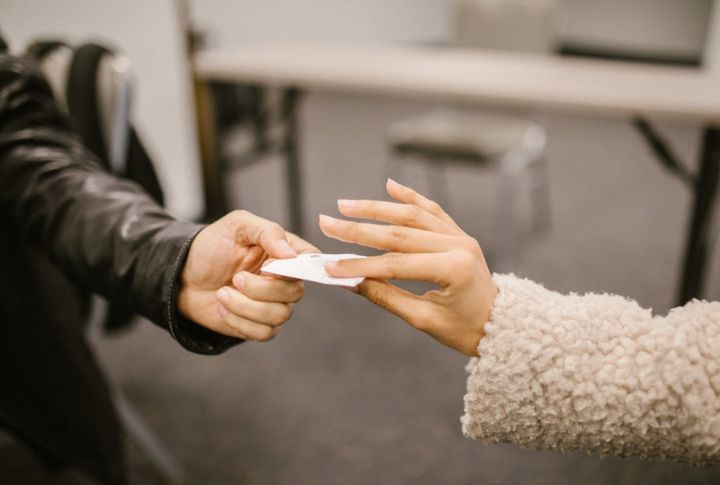
Passing notes once felt like a secret mission—folded papers slipped across desks with quick glances and quiet laughs. Whether full of doodles or lunch plans, they meant someone was thinking of you. Now, messages travel by phone, and the charm of paper is mostly gone.
Lining Up For Concert Tickets

Big concerts involved camping out with snacks and blankets. You’d wait outside the box office for hours, maybe overnight, just to get a good seat. That also showed everyone in the crowd truly wanted to be there; every cheer felt louder because it was earned.
TV Manual Magazines And Anticipating Specials
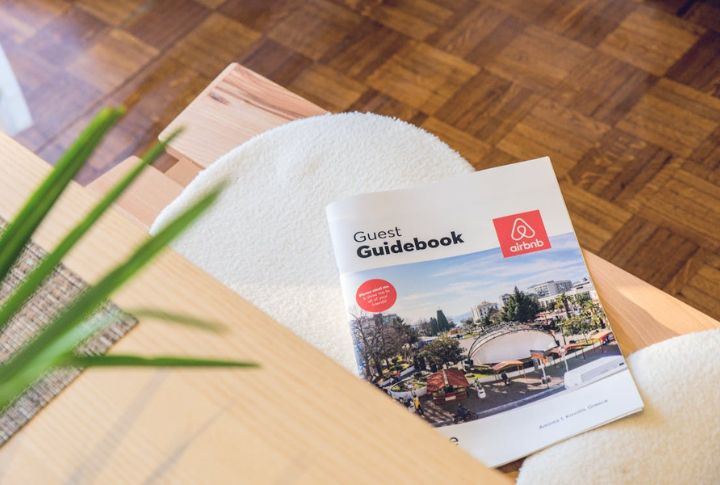
Before streaming, TV shows came once, and it was gone if you missed it. So people circled listings in TV guides and made plans to be home. Holiday specials felt huge. And the best part is watching it at the same time as your whole block and knowing you were all smiling.
Using A Payphone
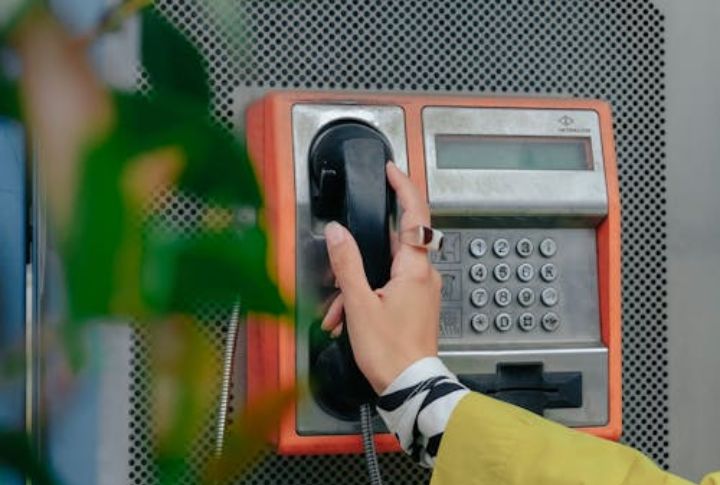
When you needed to call someone away from home, you’d drop coins into a metal payphone and hope they answered. The booth smelled like old paper and dust, and some had scratched-in names. You didn’t scroll contacts but rather remembered numbers.
Playing Outside Until The Streetlights Came On
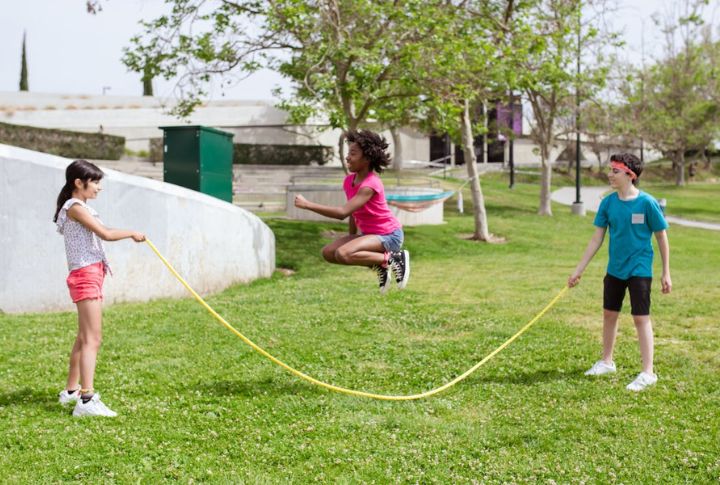
Your parents didn’t check your location; they watched the sun. As it dipped low, streetlights flickered on, and that was your cue to race home. Evenings were filled with tags, scraped knees, and voices echoing down the block until the sky turned pink.
Typing School Papers On A Typewriter
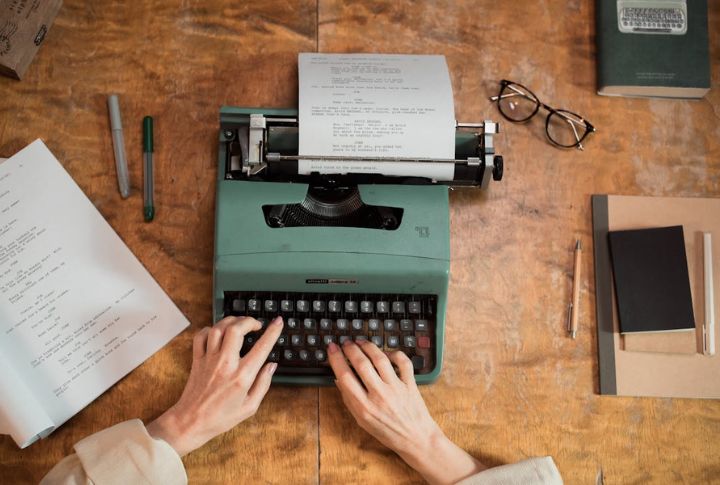
Typing meant heavy keys, loud clicks, and the pressure to get things right the first time. One wrong letter, and you had to fix it with white tape or start over. But finishing a page felt earned, as if your words had weight beyond just the paper.
Mail-Order Catalog Shopping
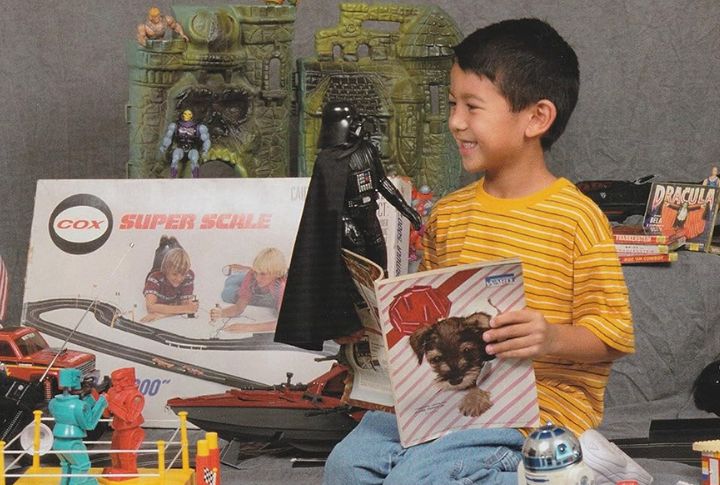
You flipped through thick catalogs, circling your favorite toys or clothes with a pen. Then you mailed your order form and waited—sometimes for weeks. That wait made things feel special. Opening the box brought a kind of excitement that’s hard to find today.
Roller Rinks And School Dances
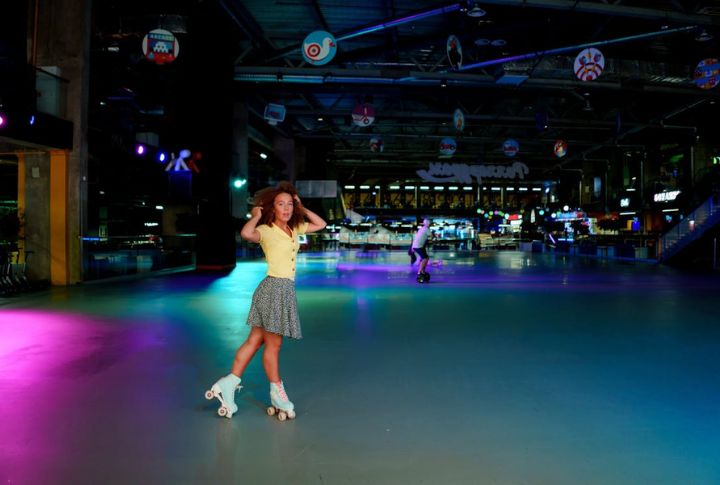
Colorful lights swirled above you while music bounced off the walls. Whether you danced or skated, these nights felt electric—awkward and unforgettable. “Couples’ skate” made hearts race. Without phones in hand, you were fully there, feeling the moment instead of capturing it.
Creating Scrapbooks
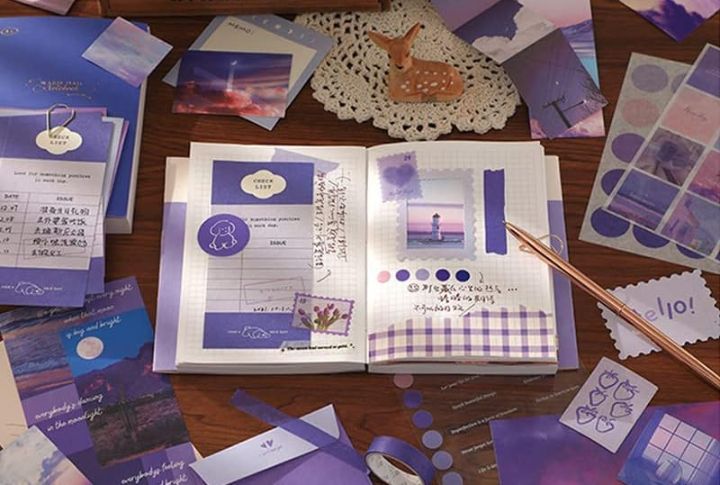
Crafting a scrapbook meant carefully choosing photos, stickers, and glittery pens to tell a story only you could. Pages were full of ticket stubs, notes, and drawings. That also meant memories weren’t just saved—they were built by hand, one glue-stick smile at a time.

